What 'Safer at Home' ruling means for ban on evictions, foreclosures: 'It has no impact on it'
MILWAUKEE -- The Wisconsin Supreme Court struck down the "Safer at Home" order on Wednesday, May 13, but what does that mean for the state's ban on evictions and foreclosures set to last through May 26?
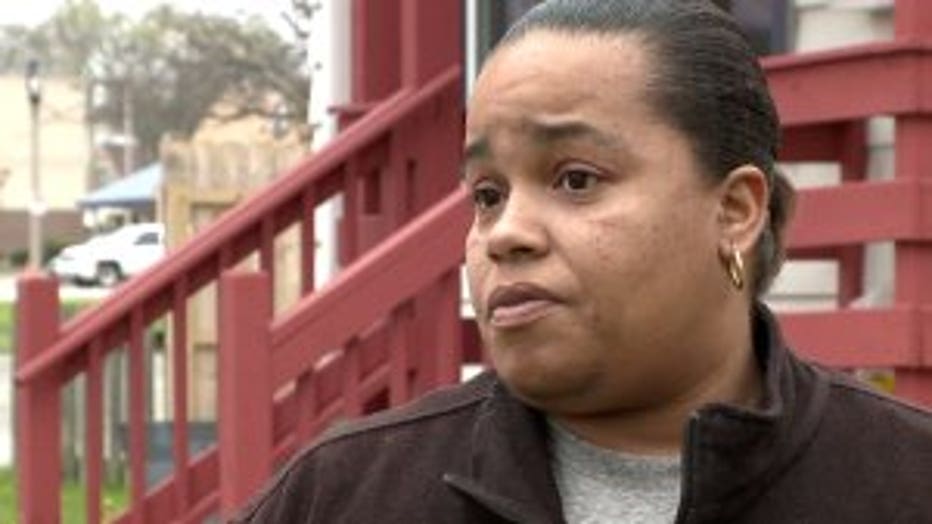
Lakisha Alston
"At first it was hard, but I made it through," said Lakisha Alston. "Right now, we're in May, I haven't made a payment yet but it's on its way."
She has been off work since March and unable to make her full rent payments. Thankfully, she has a landlord who is willing to accept late or partial payments -- for now.
"If you're in constant communication with your landlord, some of them are lenient enough and they're gonna be OK," Alston said.
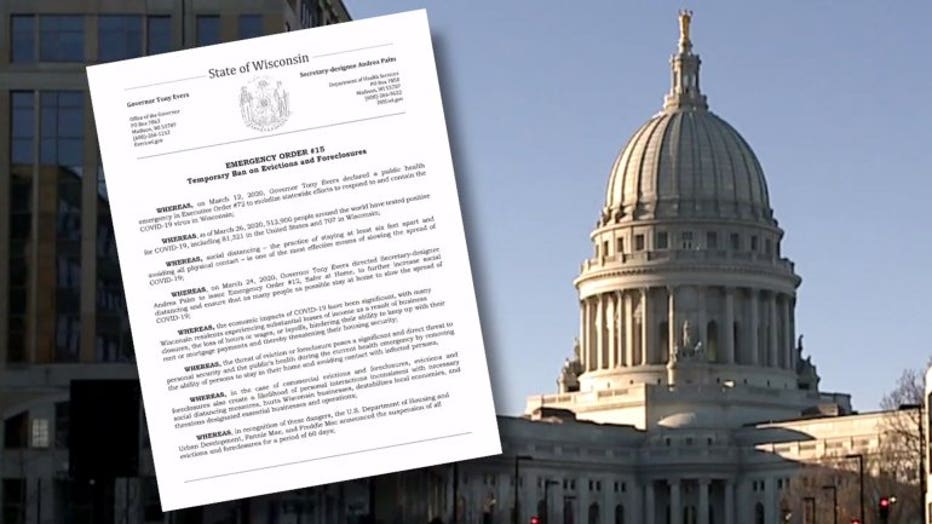
Emergency Order 15
On March 27th, Gov. Tony Evers and Wisconsin Department of Health Services Secretary-designee Andrea Palm signed Emergency Order 15 -- a 60-day ban on evictions and termination notices for non-payment of rent.
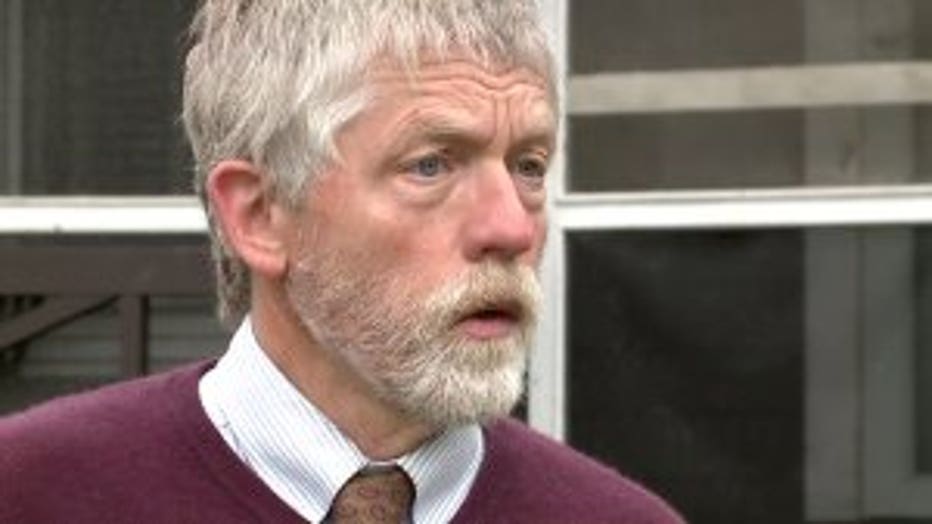
Pete Koneazny
"It has been extremely helpful and arguably essential," said Pete Koneazny, litigation director with the Legal Aid Society of Milwaukee.
He said the supreme court's decision Wednesday does not affect the moratorium on evictions.
"Emergency Order 15 is separate and specific to evictions and is not covered by the supreme court's ruling in any respect," he said.
Contact 6 spoke with a representative of Real Property Management, who said: "It doesn't appear the supreme court's ruling affects the moratorium, but we will be consulting our attorneys."
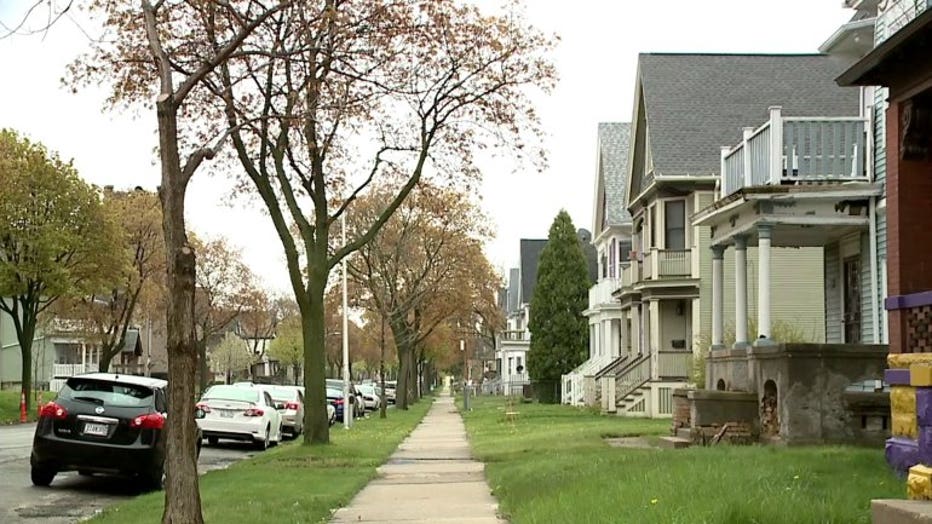
Emergency shelters are currently overwhelmed by demand for housing. The problem is likely to intensify, as will eviction filings, when the moratorium expires.
Concerned tenants are already calling Community Advocates in Milwaukee to apply for temporary rent assistance.
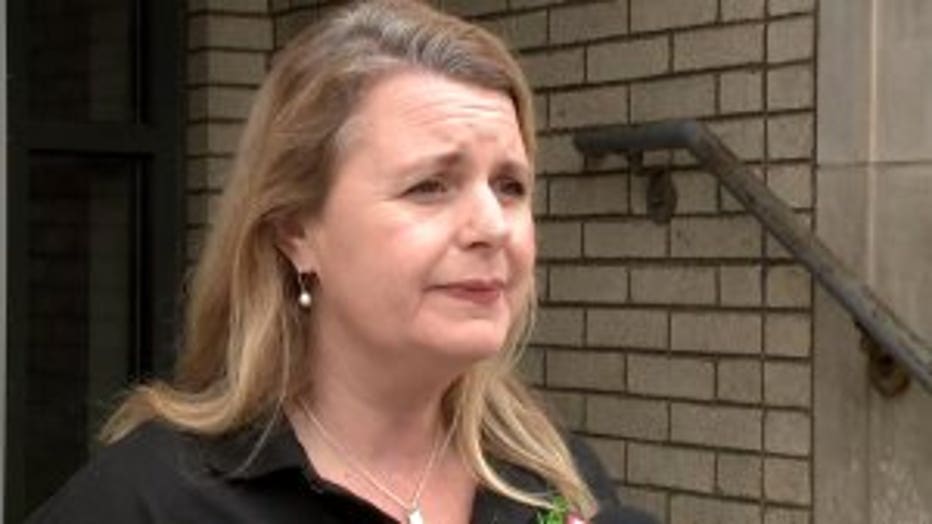
Deb Heffner
"We do anticipate an increase in volume," Deb Heffner with Community Advocates said. "We are experiencing a high volume of calls. Mainly renters who are afraid they aren't going to be able to make their next rent payment."
After all, the emergency order does not waive rent payments -- something Alston knows well.
"I do know a lot of people who are facing evictions, and that's a scary situation," she said.
Community Advocates said, if you're unable to make your rent, you should reach out for help now rather than waiting for the moratorium on evictions to expire.
If the ban on evictions is not extended when it expires on May 26, some people may still be protected through the federal CARES Act which protects people in public housing, like Section 8, or with federally-backed mortgages.
A spokesperson with the Wisconsin's trade and consumer protection division said:
"(Wednesday's) supreme court ruling does not impact the governor’s moratorium on evictions, which prohibits evictions unless there is an imminent threat of serious physical harm to another person. The ban on late fees is also still in effect. It expires 90 days from May 11, 2020. For questions, please visit our website at datcp.wi.gov or call our hotline at 800-422-7128."
Resources for rent help
Landlord Tips
Tenant Tips
Rent HelpLine: 414-270-4646
Email: renthelp@communityadvocates.net

